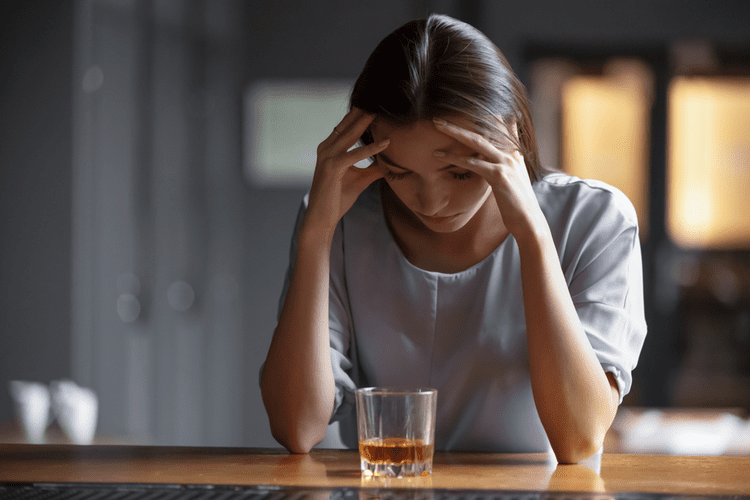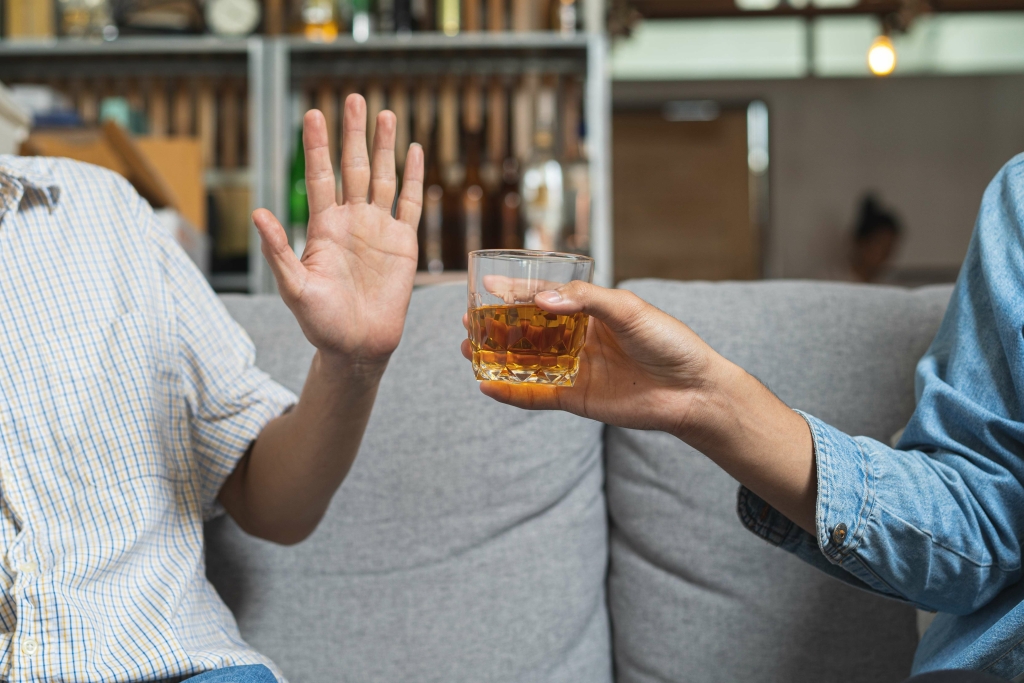Excessive alcohol use causes approximately 88,000 deaths annually in the United States, according to the Centers for Disease Control and Prevention (CDC). Your body functions will slow so much that you will fall into a coma, putting you at risk of death. We are dedicated to transforming the despair of addiction into a purposeful life of confidence, self-respect and happiness. We want to give recovering addicts the tools to return to the outside world completely substance-free and successful.

These are similar to the varicose veins that some people develop in their legs. But esophageal varices are prone to rupture, and when they do, the alcoholic can bleed to death. At this stage of intoxication, the person’s behavior will be normal with no visible signs of intoxication, such as slurred speech or delayed reaction time. If you or someone you know experiences these symptoms, seek medical help right away. When left untreated, alcohol poisoning can cause brain damage or death.
What causes alcoholic liver disease?
By the time people reach the contemplation stage, they’ve begun to recognize they have a drinking problem and may want to get help, but they’re often on the fence about it. Engaging in subtle and sympathetic conversations and getting alcoholics to explore the pros and cons of their own behavior, for example, can help to lay the groundwork for the second stage of recovery. Close to 88,000 people in the U.S. die from alcohol-related causes every year.
- First, the body will build a tolerance, which is a natural process.
- End-stage alcoholism, or late-stage alcoholism, is the final stage of an alcohol use disorder, resulting in serious physical and mental conditions as well as other life consequences from years of alcohol misuse.
- Furthermore, you may become dependent on the feeling you get from drinking and find that these episodes increase in frequency.
- Compulsive behaviors are prominent in addiction, and people with alcohol addiction often drink whenever and wherever they desire.
In some cases, medical help may be required to get through alcohol withdrawal. There are medications that treat acute alcohol withdrawal syndrome. Antianxiety medications such as benzodiazepines are considered the gold standard. If you have severe alcohol use disorder, withdrawing from stages of alcohol intoxication alcohol should always be done with medical supervision. Remember you are facing a difficult challenge during alcohol withdrawal, but you are not alone. There are many resources available to help, including peer support groups, counseling, therapy, and inpatient rehabilitation.
The Cycle of Recovery from Alcoholism
However, many people still believe they are “functioning” because they are able to get up and go to work. Although they still have a job, their performance is probably not what it used to be. They may also feel like it takes everything they’ve got to feel and act normal. Some binge drinkers or party drinkers will not progress beyond the experimental phase to drink regularly. Those who do continue to drink heavily or regularly may do so because they are environmentally or genetically predisposed to do so. For instance, children of people with an alcohol use disorder are four times more likely to also experience this disorder.
How Alcohol Affects the Body HRV, Sleep & Data Insights – WHOOP
How Alcohol Affects the Body HRV, Sleep & Data Insights.
Posted: Fri, 16 Oct 2020 07:00:00 GMT [source]
Theories suggest that for certain people drinking has a different and stronger impact that can lead to alcohol use disorder. If your pattern of drinking results in repeated significant distress and problems functioning in your daily life, you likely have alcohol use disorder. However, even a mild disorder can escalate and lead to serious problems, https://ecosoberhouse.com/ so early treatment is important. While some alcoholics progress through the first five stages of recovery in a linear fashion, many do not. It’s more common for people to move back and forth through the stages of change as they tackle addiction. One of the biggest concerns with risky drinkers is when they don’t think they have a problem.
Medical Professionals
A hit on six or more questions can be considered a severe case of AUD. Like other poisons, the body works to rapidly remove it from the blood, which makes a lot of work for the liver and kidneys. Blacking out from drinking too much is a warning sign of this stage, along with lying about drinking, drinking excessively, and thinking obsessively about drinking. They do not know what is going on and cannot remember what happens, making it very dangerous. This stage is usually not counted as there is too little alcohol in the system to have noticeable effects.

If you or a loved one begins to develop signs of alcoholic dementia, it’s important to see a healthcare provider as soon as possible. Alcoholic dementia is gradually progressive, and it worsens over time. Medical treatment and getting treated for alcohol addiction may help prevent the condition from getting worse. Treating the alcohol use disorder, along with the health problems caused by chronic, heavy drinking, may be possible.
Stages of Alcoholism
Your friends and family may begin to notice that your drinking has become problematic. You may also start to recognize the consequences of your alcohol use, although many people in this stage remain in denial. After 12 days of abstinence from alcohol, most people who quit have very few withdrawal symptoms.
“The whites of my eyes are white again, my urine is starting to look normal, and my bowel movements are getting normal. My energy level and mental alertness are way up, and it’s only getting better.” “I can’t believe the luxury of sleep! After a really hard time, I slept for two nights! Not all night, but great sleep.” “Feeling much better. Very slight discomfort in the chest occasionally. No sweating. Disturbed sleep? Yes. But I guess in a few days, I should be fine.” “Still having cravings and thinking a lot about drinking. I’m so exhausted, though, and nauseated, I would probably get sick if I had a drink. I have noticed the cravings for sugar. Raw sugar snap peas take the edge off that.” “Depression is gone, anxiety gone, and all else gone. Didn’t sleep great last night, but tonight will be good.” “It’s been really tough, constant inner voice trying to persuade me just the one-night drinking again would be OK. I have just had to surf the urges, keep busy, and use all my strength.”